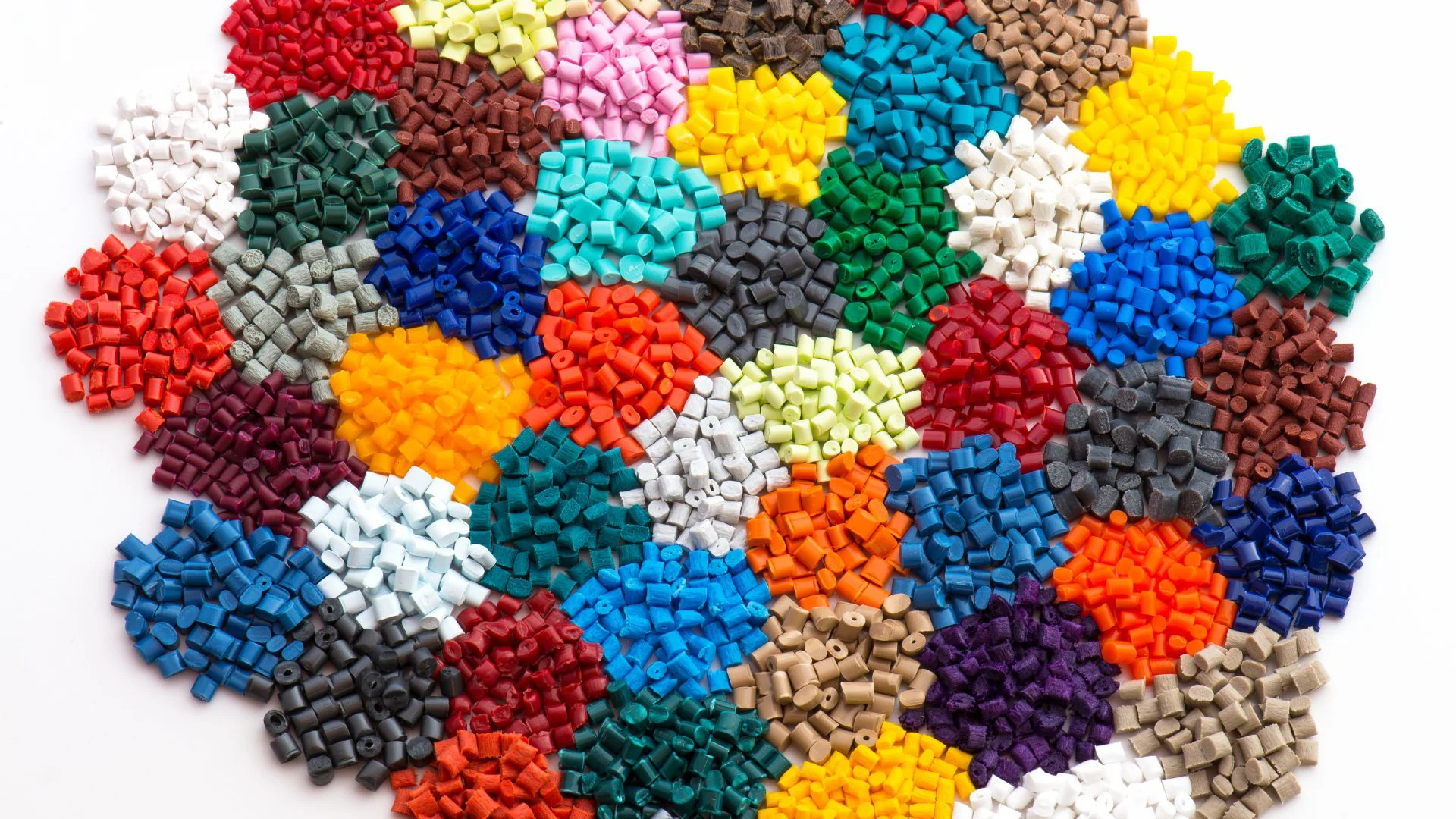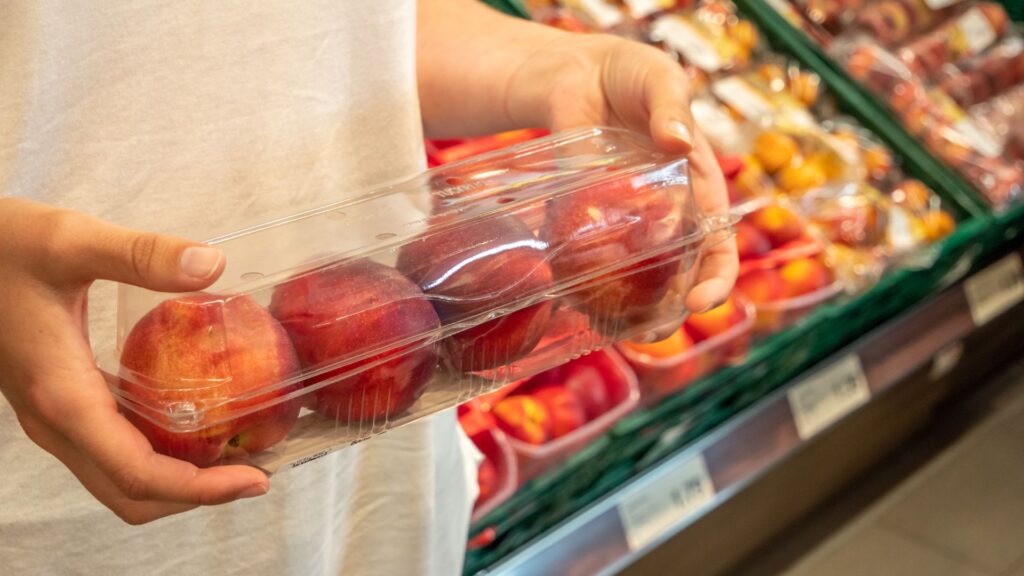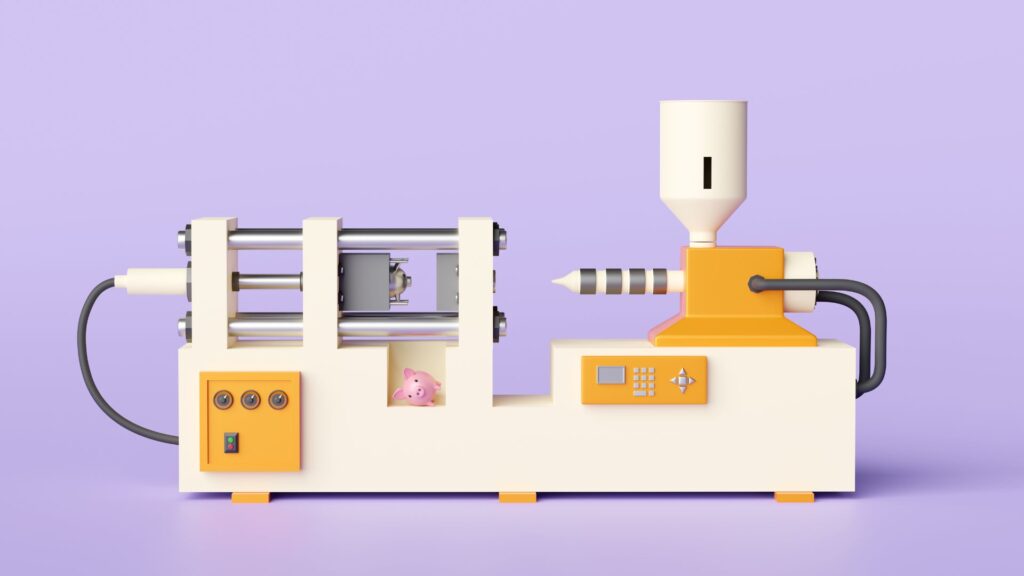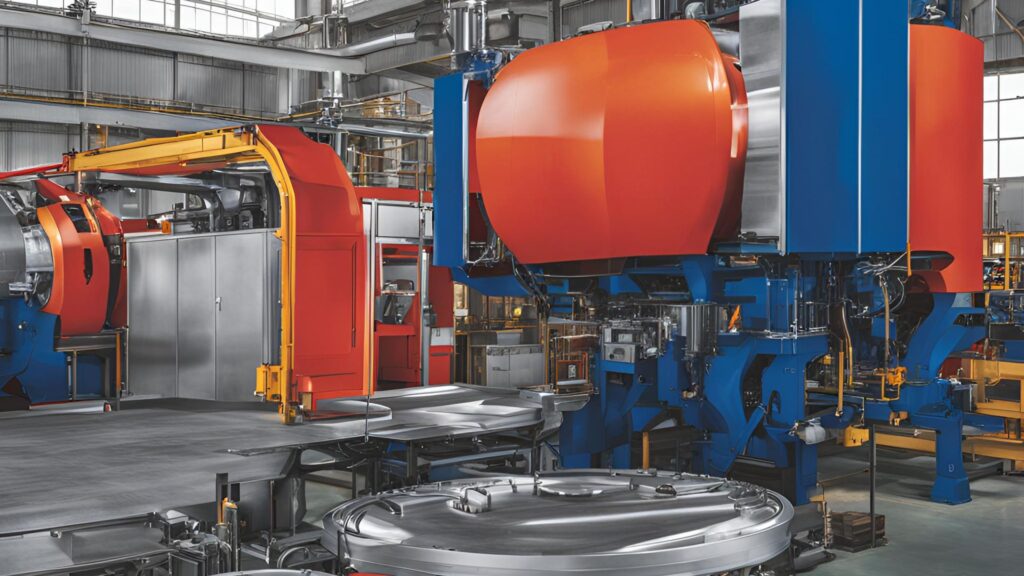Plastic resins are a cornerstone of modern manufacturing, ubiquitous in countless products that shape our daily lives. These versatile materials originate from oil refineries, where crude oil undergoes a series of transformative processes. Understanding how plastic resins are made, and their applications, offers insight into the intricate connection between raw materials and the finished goods we rely on.
What Exactly Is Plastic Resin?
First, let’s start with the basics. Plastic resin is the primary component of all plastics, and is used to create a wide variety of products. It’s made from petroleum byproducts and modified through various processes to meet specific needs. It consists of tiny, bead-like pellets that are melted down and molded into various shapes and are made from synthetic or natural polymers. The type of resin used determines the properties of the final product, such as flexibility, strength, and durability.
What Does Resin Do?
Plastic resin is the essential ingredient that gives plastic its form, strength, and versatility. Resin
serves as the base material that can be precisely engineered to meet specific needs. The molecular structure of the resin, determined by the type of polymer used, directly impacts the plastic’s properties, such as its rigidity, flexibility, or transparency. Additives can be mixed into the resin to enhance characteristics like strength, UV resistance, or color. This adaptability is what makes plastic resin essential for producing a wide range of durable and versatile products.
Why Use Plastic Resin?
The use of plastic resins in manufacturing is widespread due to their numerous benefits. These resins are lightweight, making them ideal for a variety of products that require reduced weight for ease of transport and use. Additionally, plastic resins are strong and durable, which makes them ideal for products that need to withstand daily use and handling.
How Resin is Made
From Crude Oil to Plastic Resins: The Manufacturing Process
- Distillation: The journey begins at the oil refinery with the distillation of crude oil. Crude oil, a complex mixture of hydrocarbons, is heated in a distillation column. This process separates the oil into various components, including gasoline, diesel, and chemicals, based on their boiling points. The lighter fractions, such as naphtha, are essential for producing plastic resins.
- Cracking: Next, the naphtha undergoes a process called cracking, where it is subjected to high temperatures and pressures. The chemicals that are produced are then processed further to create the building blocks of plastic resins. These building blocks, also known as monomers, are then polymerized to form the final plastic resin product.
- Polymerization: One of the most common monomers used to create plastic resins is ethylene, which is derived from the distillation of crude oil. This monomer is then polymerized to form polyethylene, one of the most widely used plastic resins in the world. The ethylene and propylene molecules then enter polymerization reactors. The process of polymerizing the monomers to form plastic resins is accomplished using a variety of chemical reactions. These chemical reactions are carefully controlled to ensure that the final product has the desired properties, such as strength, flexibility, and heat resistance.
- Forming Plastic Resin Pellets: Once polymerization is complete, the plastic material is cooled and cut into small, uniform pellets. These plastic resin pellets are easy to transport, store, and handle, making them the preferred form for manufacturers. The final plastic resin product is then transported to manufacturing facilities, where it is molded into the final product.
Resin Reliant Industries
Industries Relying on Plastic Resin Pellets
- Packaging: The packaging industry is one of the largest consumers of plastic resins. From food containers to shrink wraps, plastic’s lightweight and durable nature make it ideal for protecting goods.
- Automotive: In the automotive industry, plastic resins contribute to reducing vehicle weight, improving fuel efficiency, and enhancing design flexibility. Interior components, bumpers, and even under-the-hood parts often contain plastic.
- Healthcare: Plastic resins play a crucial role in healthcare, providing materials for medical devices, syringes, IV bags, and even prosthetics. Their sterility, versatility, and cost-effectiveness are invaluable in medical applications.
- Construction: The construction industry uses plastic resins for pipes, insulation, and various building materials. Their resistance to corrosion and weathering makes them ideal for long-term infrastructure projects.
- Consumer Goods: From electronics to toys, plastic resins are integral to manufacturing countless consumer products. Their adaptability allows for innovative designs and functionalities.
Plastic Impact on Daily Life
Everyday Products for End-Users
- Household Items: Common household items like kitchen utensils, storage containers, and furniture often consist of plastic resins. Their ease of molding into various shapes and colors makes them versatile for home use.
- Electronics: Many electronic devices, including smartphones, laptops, and televisions, feature plastic components. Plastic resins provide insulation, structural integrity, and aesthetic appeal.
- Clothing and Footwear: Synthetic fibers, derived from plastic resins, are prevalent in clothing and footwear. Materials like polyester and nylon offer durability, flexibility, and ease of care.
- Personal Care Products: Items such as shampoo bottles, toothbrushes, and cosmetic packaging rely on plastic resins for their convenience and cost-effectiveness.
- Games and Toys: Long-time family-favorite toys such as the rubik cube, legos, and the balls from the super-trendy pickleball are made from plastics – some of which are compostable.
The journey of plastic resins from oil refineries to everyday products is a testament to human ingenuity and industrial capability. By transforming crude oil into versatile polymers, we create materials that permeate virtually every aspect of modern life. The next time you use something plastic, consider the complex processes and industries behind its creation. Can you imagine a world without plastic? Now that’s a mold we can’t wrap our head around! As we continue to innovate and seek sustainable solutions, the role of plastic remains central to our daily lives and to our economy as a whole, continuing to play a vital role in the shaping of our future.






